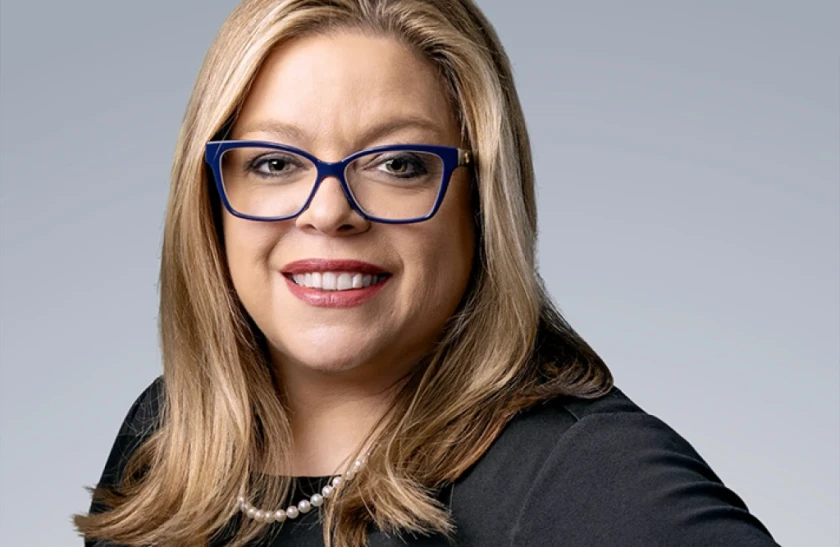The Internal Revenue Service issued guidance Tuesday to make temporary changes to section 125 cafeteria plans, with the goal of providing tax relief and flexibility in the midst of the novel coronavirus pandemic. The IRS is extending the claims period for health care flexible spending arrangements and dependent care assistance programs and enabling taxpayers to make mid-year changes to their accounts.
The guidance released Tuesday by the IRS deals with the unanticipated changes in expenses faced by many taxpayers as a result of the COVID-19 pandemic. The IRS is now allowing its previously provided temporary relief for high deductible health plans to be applied retroactively to Jan. 1, 2020, and also increases for inflation the $500 permitted carryover amount for health FSAs to $550.
With over 25 years of dynamic leadership, Jagadish Kundu has been at the forefront of revolutionizing the insurance and financial services industry. From building domain solutions to driving digital transformation, his visionary approach has reshaped the landscape. Jagadish's achievements include pioneering the establishment of an insurance delivery center, managing a P&L and advising CXOs while leading a 2000-strong IT delivery team. As the global head, Jagadish has previously overseen a strategic business unit focused on implementation of COTS products in insurance & retirements industry and managed a $220 million USD global P&L. His expertise spans product development, product implementation, leveraging cutting-edge technologies like GenAI and data analytics.
In this market, everyone wants leads to turn into sales even faster. But smart companies know that when spending slows, establishing a relationship is even more important than in boom times—and know that investing in content .
Jennifer Fredericks is president of Women in Public Finance. Jennifer leads municipal bond and public finance discussions on fixed-income data and analytics provider, SOLVE.
In Notice 2020-29, the IRS is offering extra flexibility to taxpayers by:
- extending the claims periods for taxpayers to apply unused amounts remaining in a health FSA or dependent care assistance program for expenses incurred for those same qualified benefits through Dec. 31, 2020;
- expanding the ability of taxpayers to make mid-year elections for health coverage, health FSAs and dependent care assistance programs, allowing them to respond to changes in needs as a result of the COVID-19 pandemic; and
- applying earlier relief for high-deductible health plans to cover expenses related to COVID-19, and a temporary exemption for telehealth services retroactively to Jan. 1, 2020.
In conjunction with that notice, the IRS also issued Notice 2020-33, in response to the Trump administration’s Executive Order 13877, which directs the Treasury secretary to “issue guidance to increase the amount of funds that can carry over without penalty at the end of the year for flexible spending arrangements.” The notice ups the limit for unused health FSA carryover amounts from $500, to a maximum of $550, adjusted each year for inflation.




